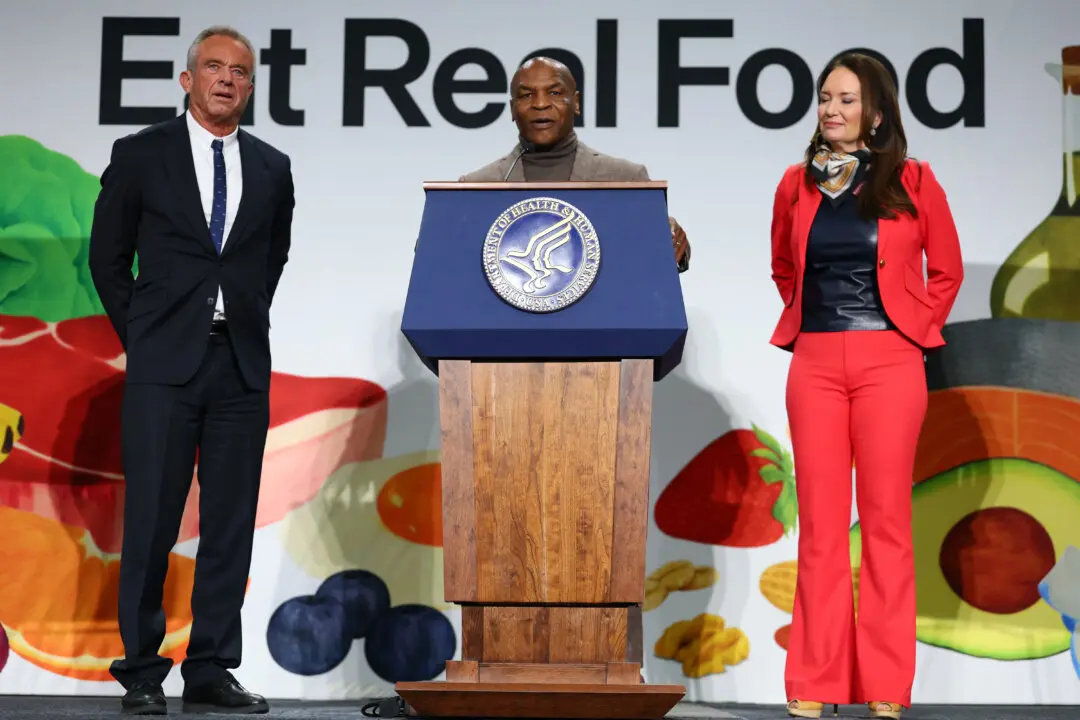Commentary
With pandemic controls gradually ending, many people have called for some kind of justice to be realized: investigations on the origin and implementation of lockdowns and mandates, punishment for the perpetrators, and compensation for the victims.





